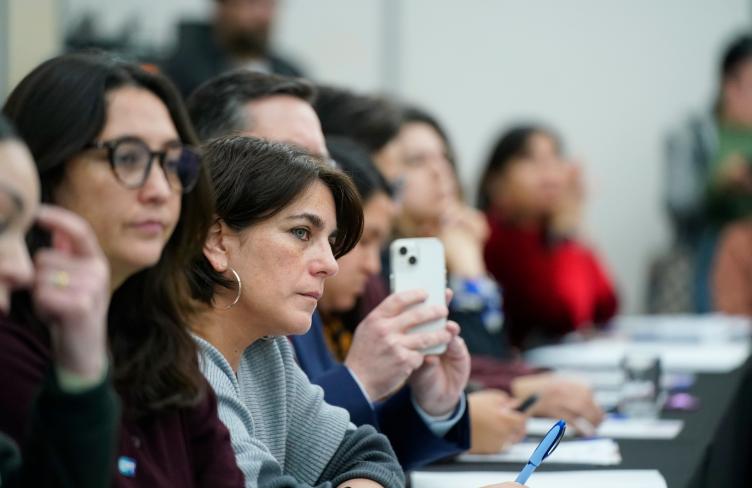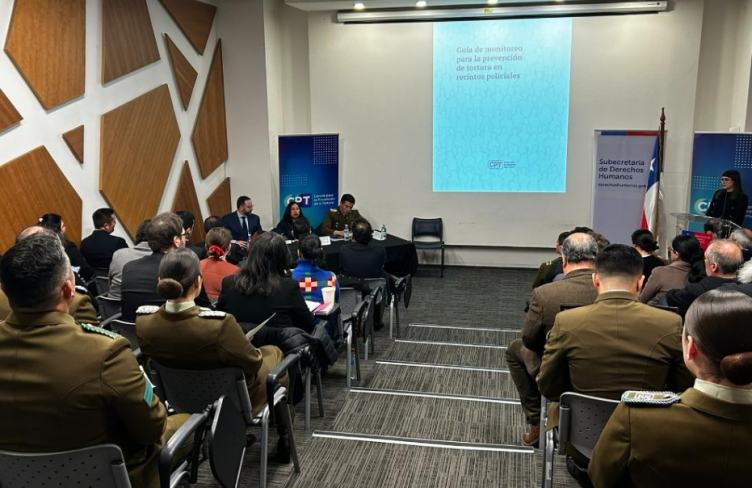The African continent has the second largest number of ratifications of the Optional Protocol to the Convention against Torture (OPCAT) after Europe. The majority of African countries chose to give the preventive mandate to their National Human Rights Institutions (NHRIs). Implementation remains, however, slow and challenging. A possible new dynamic could, however, be encouraged by important steps that a number of African States have taken to fulfil their obligations under the OPCAT.
In Morocco this summer, the APT, in partnership with l’Organisation internationale de la Francophonie, L'Association francophone des commissions nationales des droits de l'Homme and the National Council for Human Rights in Morocco brought together a number of NHRIs, designated as National Preventive Mechanisms (NPMs), from across the continent to discuss their shared challenges and opportunities to move forward.
Participants included the NHRIs /NPMs of Burkina Faso, Mali, Mauritius, Togo, Madagascar and Morocco, who also hosted the event at their Institute for Human Rights training in Rabat.
Over three days of interactive workshop sessions, the NHRIs’ representatives discussed the key elements of an NPM mandate – including visits to places of detention, writing reports and recommendations, engaging in a constructive dialogue with State authorities, and interacting with other relevant actors. The third day was devoted to discussing governance and ways in which NHRIs can best integrate an NPM mandate into their existing structures and working methods. The sessions drew heavily on material prepared as part of APT’s soon to be released NPM Toolkit, which seeks to bring together answers to key questions faced by NPMs of different types worldwide.
Governance aspects are particularly salient for NHRIs that have recently taken on an NPM mandate. Questions related to the integration of the NPM while preserving a certain level of independence to its functions, decision-making and allocation of resources are particularly important to ensure the good governance of NHRI-NPMs. Another key challenge is the mandate to handle complaints and the potential overlap of the protection and prevention mandates in some working areas. In that context, the workshop allowed the participating NHRIs to reflect on possible governance models and create their own models of operating.
This workshop and the upcoming toolkit aim to equip NPMs with the ability to better implement their preventive mandate, create their own modalities of work adapted to the national context and foster the changes needed to create societies where the risk of torture and ill-treatment is diminished.




